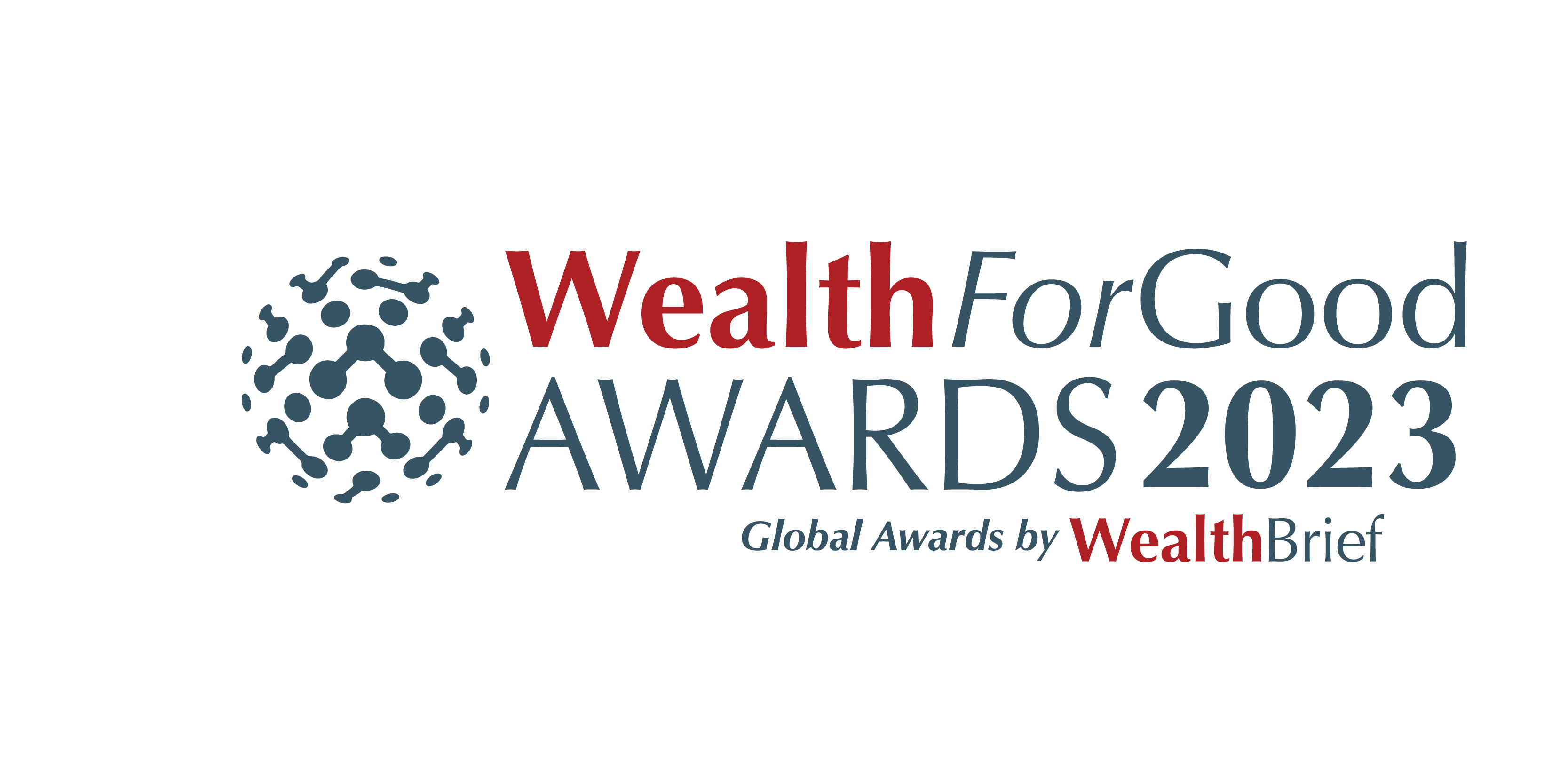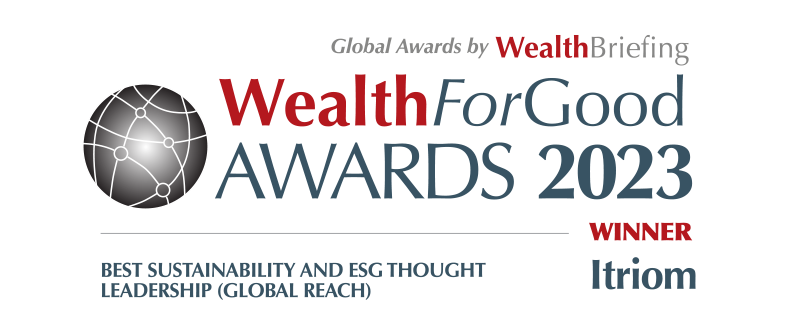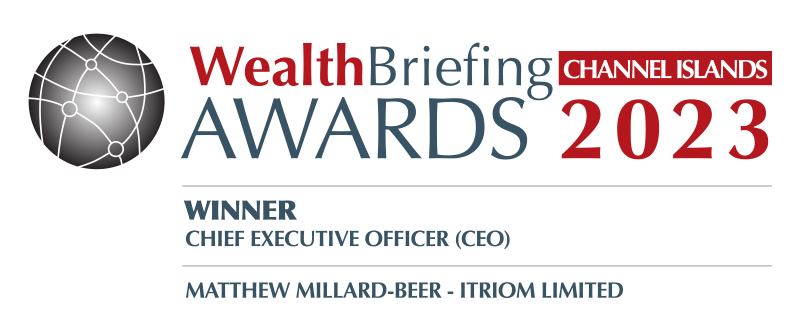
ESG Analyst
Mental health plays a pivotal position in one’s overall well-being, yet it often remains neglected and unaddressed due to societal stigma and limited resources. Shockingly, a staggering 1 in 4 people worldwide, approximately a billion individuals, are currently grappling with mental disorders, with anxiety and depressive disorders taking the lead.
The integration of technology into mental health care represents a significant leap forward, enabling professionals to expand treatment options and refine data collection methods. Notably, the digital intervention has emerged as an accessible bridge to receiving vital support. The National Alliance on Mental Illness reports a remarkable 64% improvement in overall mental health for individuals utilising tech-based apps and solutions.
Conventional therapy, deeply rooted in human-to-human interaction, has inherent limitations in terms of scalability. The World Health Organisation (WHO) discovered that a significant portion of individuals lack access to effective care, underscoring the importance of technology-driven support as an intermediary solution to assist those in need until they can access conventional care.
The integration of technology into mental health treatment has the potential to revolutionise the field by offering more accessible and effective treatment options. Teletherapy, mobile applications, virtual reality, and artificial intelligence represent just a fraction of the technological arsenal employed in mental health treatment.
The emergence of teletherapy, offering mental health services remotely through video calls or phone consultations, has gained substantial traction, largely as a result of the Pandemic. This approach also obviates the necessity for patients to travel to clinics or offices, which saves time and money and offers support to people in the comfort of their own homes.
Furthermore, technology offers the potential for both broad-scale and personalised support, catering to the unique requirements of each patient. Machine learning algorithms can sift through patient data, unveiling symptom patterns that serve as the foundation for personalised treatment plans. Cost-effectiveness is another benefit of technology-driven mental health care. Virtual reality therapy has demonstrated its efficacy in treating anxiety disorders, while teletherapy has been proven as effective as in-person therapy for a multitude of mental health conditions.
Most importantly, technological advancements are chipping away at the stigma surrounding mental health issues. Online support groups and forums provide secure spaces for individuals to share their experiences and connect with others facing similar challenges. Likewise, mental health apps enable discreet use, sparing patients the need to disclose their mental health status to others.
Despite these advancements, it’s important to note that only 1 in 50 mental health tech applications are derived from clinical governance. This means these platforms are largely unregulated and could worsen a patient’s symptoms. There is still significant research needed to understand the short- and long-term effects of these tools. Therefore, it is crucial for individuals to consult a professional and thoroughly research the tech-based product to ensure it is grounded in clinical trials and has substantial research behind its methodology.
In summary, technological advancements have elevated mental health care to unprecedented levels of accessibility and convenience. However, they are by no means a replacement for traditional methods of mental health care but serve as an intermediary or complementary solution.
That said, it is better to work with professionals in the industry to specially tailor treatment based on individual needs. Itriom’s Next Generation Leadership and Resilience services offer professional, clinically tested mental health and well-being services to increase cognitive awareness, ability, and performance. Get in touch today to learn more.
Georgina Murrin is a ESG Analyst in Itriom’s London Office.
Itriom is the global impact platform helping leading families shape a better world. Itriom’s platform enables families to refresh and redesign their values, aligns them with the right UN Sustainable Development Goals, combining them in an agreed purpose and a Family Impact Charter. Itriom’s platform supports the development of impact initiatives and whilst providing discrete and secure spaces for peer-to-peer messaging and collaboration. Itriom’s core practices in Leadership, Geostrategy, and Sustainability benefit clients by developing strategies to engage and support the Next Generation in building a lasting legacy of which families can be proud.
itriom.com
enquiries@itriom.com
T: +44 (0)203 198 2277
© 2024 Itriom Limited. All rights reserved. Republication or redistribution of Itriom’s content, including by framing or similar means, is prohibited without the prior written consent of Itriom Limited. This material is provided for informational purposes only.




© 2024 Itriom Limited. Company Registration Number 134815 Jersey Financial Services Commission. Registered Office 9 Bond Street, St Helier, Jersey, JE2 3NP
ESG Consultant
Alizah is an ESG Consultant and researcher. She supports Itriom developing sustainability related products and services, helping our clients identify potential opportunities for creating positive environmental, social and sustainable impact.
ESG Analyst
Georgie is an ESG Analyst and researcher. She researches trends, develops insights and reports, and writes insight articles on sustainability and ESG related topics to ensure Itriom’s clients are up to date on the latest policy, progress and initiatives to inform the platform and help our clients maximise their positive impact.
Senior Partner
Practice Leader – Leadership & Resilience
Renowned family office thought leader, Tim works with UHNW families to ensure they are fully equipped to deliver their legacies inter-generationally and effectively.
Associate Partner
Practice Leader – Sustainability
Dr. Herb creates methodologies and frameworks for managing, measuring and assessing sustainability performance. His work identifies where maximum impact can be made.
Senior Partner
Practice Leader – Geostrategy
Simon harnesses research, liaison and networks globally to identify opportunities for Itriom, building the knowledge needed to deliver intergeneration legacies for UHNW families.
Managing Partner
Practice Leader – Strategy